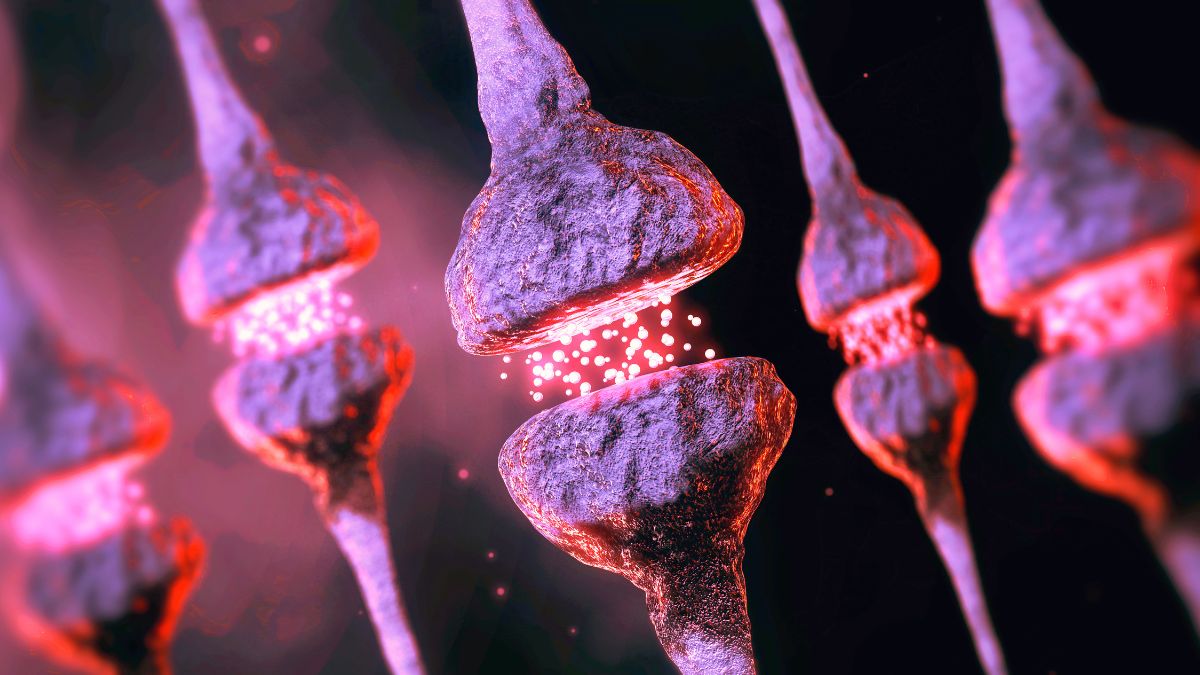
Researchers at the University of Melbourne have initiated a groundbreaking project aimed at establishing a brain bank to expedite the treatment of schizophrenia. This initiative seeks to address the significant delays that patients often experience in receiving effective medication, a situation affecting approximately 24 million people globally who live with this challenging mental illness.
Former Australian Football League (AFL) player James McLure has shared his personal struggle with schizophrenia, highlighting the years he spent without proper treatment while at the peak of his sports career. McLure described experiencing intense paranoia that left him feeling trapped in a distorted reality. “I was just stuck in a different reality and all the grandiose delusions turned into terribly depraved and tormenting delusions and hallucinations,” he remarked. McLure’s experience is not uncommon for many individuals with schizophrenia, who frequently endure lengthy periods before receiving appropriate care.
The research team, led by Maria Di Biase, is developing cellular models from blood samples to better understand how these cells respond to various treatment drugs. “They’re the size of a lentil, so these are not mini-brains; they can’t think or feel, but rather they’re simplified biological systems that we can study,” Di Biase explained.
Advancing Understanding of Schizophrenia
Schizophrenia typically manifests in adulthood, and patients often lose an average of 15 years off their lifespan due to the illness. Di Biase emphasized the profound impact of the condition on not just the individuals who suffer from it but also their families. “Extremely challenging, probably more so from a family,” she noted. The research aims to innovate treatment approaches, enabling clinicians to move from traditional trial and error methods to more systematic trials using these cellular models.
The project is backed by a Metcalf Prize from the National Stem Cell Foundation, signifying its importance and potential. Di Biase believes that this work could significantly alter the landscape of schizophrenia treatment. “We can start doing trials in a dish rather than human trial and error,” she said.
For McLure, the research represents hope and new possibilities. “Life’s once again a blessing,” he expressed, reflecting the optimism that this pioneering work could instill in others facing similar challenges.
As researchers continue to develop this brain bank, the potential to transform how schizophrenia is treated could lead to healthier and more fulfilling lives for millions worldwide.







